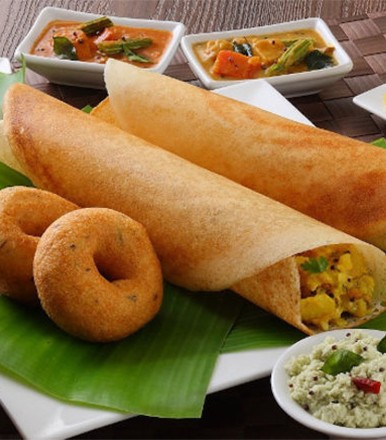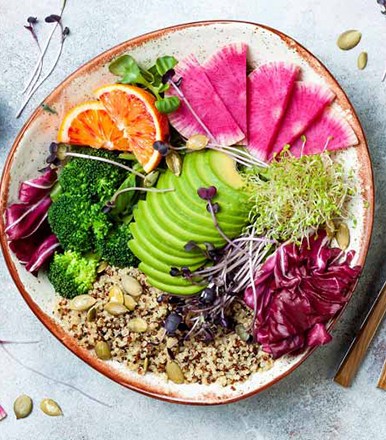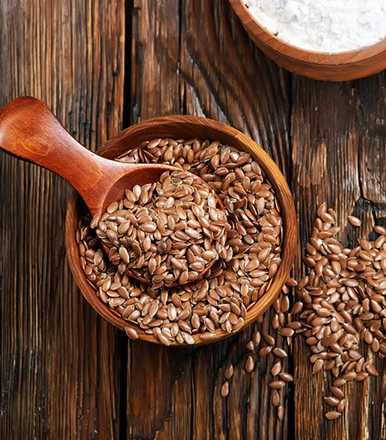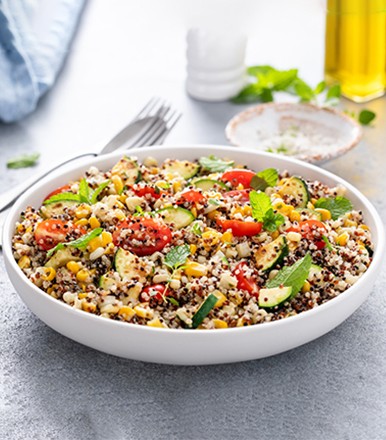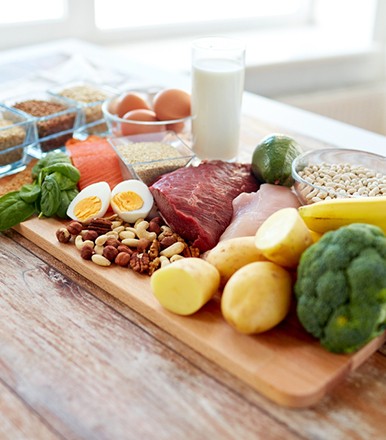In today's world, where sustainability is becoming increasingly important, eco-friendly recipes offer a fantastic way to support both personal health and environmental well-being. As more people become health-conscious and environmentally aware, the demand for recipes that promote sustainable nutrition is on the rise. Let's explore some delicious and nutritious eco-friendly recipes that cater to health-conscious individuals while minimizing our ecological footprint.
Benefits of Eco-Friendly Recipes
Health Benefits
Eco-friendly recipes often prioritize whole, unprocessed ingredients such as fruits, vegetables, whole grains, and legumes. These ingredients are rich in essential nutrients, vitamins, and minerals, contributing to overall health and well-being. By consuming a diet rich in plant-based foods, individuals may experience lower risks of chronic diseases such as heart disease, diabetes, and certain types of cancer.
Environmental Benefits
Choosing eco-friendly recipes means opting for ingredients that are sustainably sourced and produced. This reduces the carbon footprint associated with food production and transportation. Additionally, incorporating more plant-based meals into one's diet can help conserve water, reduce greenhouse gas emissions, and minimize habitat destruction associated with animal agriculture.
Key Ingredients for Eco-Friendly Recipes
Seasonal Fruits and Vegetables
Embracing seasonal produce not only supports local farmers but also ensures freshness and flavor in your dishes. Seasonal fruits and vegetables are often more abundant, reducing the need for long-distance transportation and refrigeration, thereby lowering carbon emissions.
Locally Sourced Produce
Purchasing locally sourced ingredients supports regional agriculture and reduces the environmental impact of food transportation. Farmers' markets and community-supported agriculture (CSA) programs are excellent sources for locally grown produce.
Plant-Based Proteins
Incorporating plant-based proteins such as legumes, tofu, tempeh, and quinoa into recipes reduces reliance on animal products. Plant-based proteins require fewer resources to produce compared to animal proteins, making them a more sustainable choice for eco-friendly cooking.
Top Eco-Friendly Recipes
Vegan Buddha Bowl
A Buddha bowl is a vibrant and nourishing meal consisting of various grains, vegetables, proteins, and sauces. This customizable dish allows you to use up leftover ingredients while packing in a variety of nutrients.
Quinoa Stuffed Bell Peppers
Quinoa, a complete protein, serves as the base for this delicious and filling recipe. Stuffed bell peppers with quinoa, black beans, corn, and spices create a satisfying meal that's rich in fiber, vitamins, and minerals.
Chickpea Curry
Chickpea curry is a flavorful and comforting dish that's easy to prepare and packed with plant-based protein. Simmered in a fragrant blend of spices and coconut milk, chickpeas become tender and delicious, making this recipe a favorite among health-conscious individuals.
Lentil Soup
Lentil soup is a hearty and nutritious option for eco-friendly meals. Lentils are high in protein, fiber, and various vitamins and minerals. Combined with vegetables and spices, lentil soup provides a satisfying and nourishing meal.
Zucchini Noodles with Pesto
Replacing traditional pasta with zucchini noodles reduces the environmental impact of your meal while providing a low-carb alternative. Tossed with homemade pesto made from fresh basil, garlic, nuts, and olive oil, this dish is both delicious and nutritious.
Tips for Cooking Eco-Friendly
Reduce Food Waste
Plan meals, store leftovers properly, and utilize kitchen scraps for stocks, soups, or composting to minimize food waste.
Use Energy-Efficient Appliances
Opt for energy-efficient appliances such as induction cooktops and convection ovens to reduce energy consumption during cooking.
Choose Sustainable Packaging
When purchasing ingredients, opt for products with minimal packaging or packaging made from recyclable or compostable materials.
Incorporating eco-friendly recipes into your meal rotation not only supports personal health but also contributes to a more sustainable future for our planet. By choosing ingredients mindfully, reducing food waste, and embracing plant-based meals, individuals can enjoy delicious and nutritious dishes while promoting environmental conservation. Let's join hands in embracing eco-friendly cooking for a healthier planet and a healthier you.
For more health-conscious recipes and tips on sustainable living, visit Hello Fitness Magazine. Get inspired to lead a healthier and more eco-friendly lifestyle today!





-cr-386x440.jpg)
